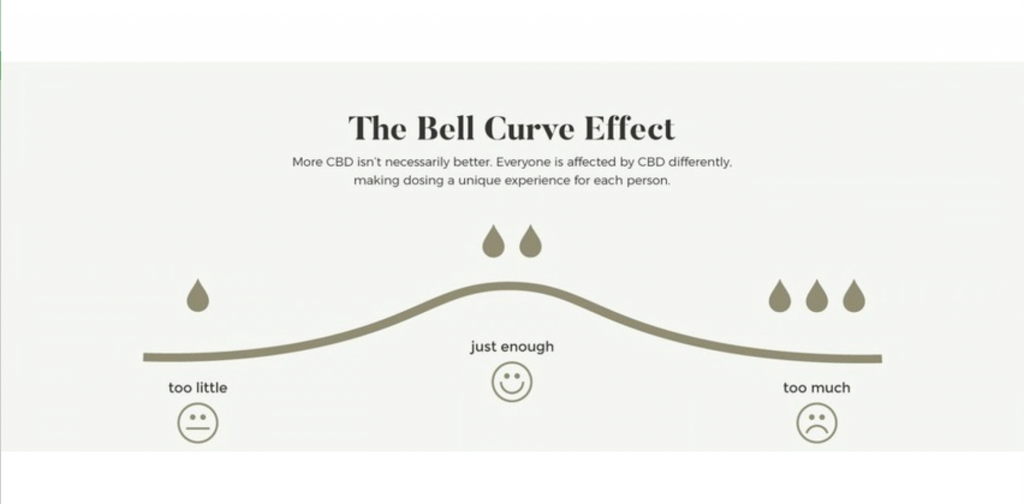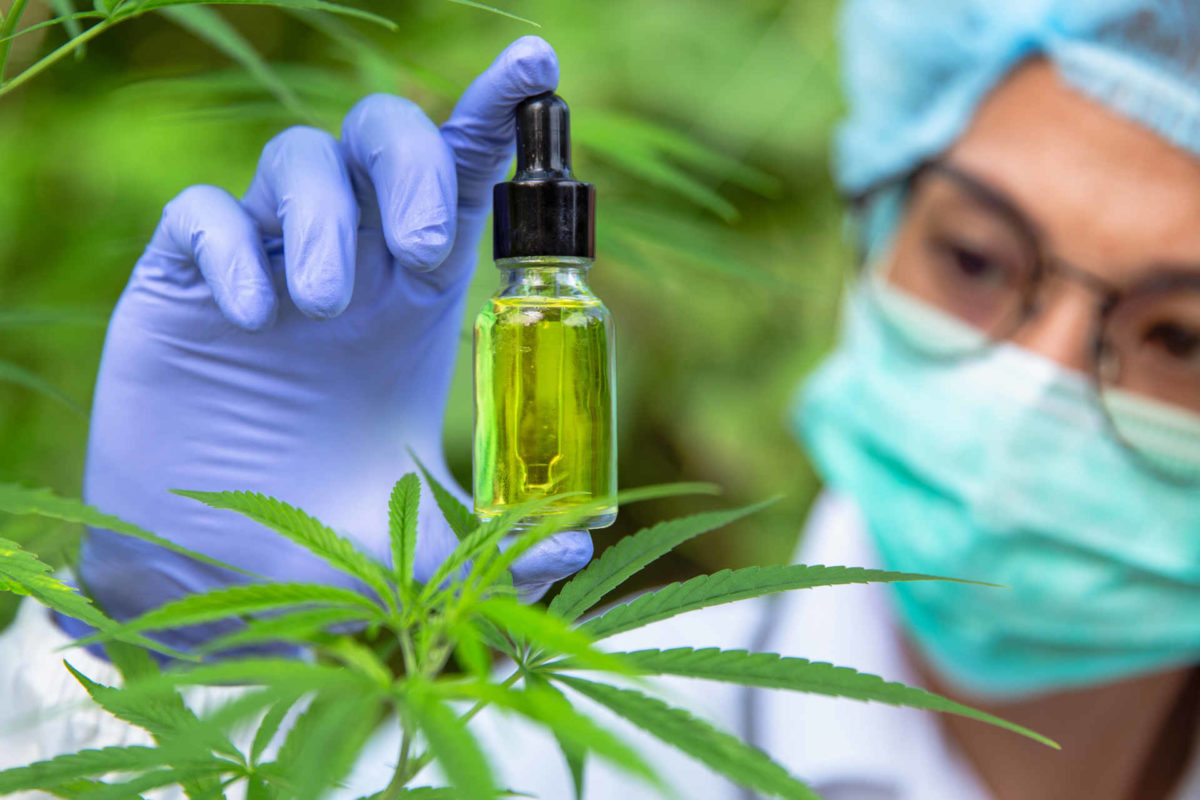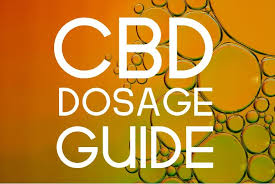
How Much CBD To Take?
By now, you’ve probably heard someone mention CBD, especially if you live with a chronic condition like pain or anxiety.

As more states are legalizing both medical and recreational cannabis, the market has enjoyed an influx of readily available CBD. Despite all the publicity, though, many people are unsure of what CBD is, how it can help them, how much to take and if it’s even legal.
As for its legality, the cannabis plant was reclassified as two separate plants, the marijuana plant and the hemp plant. This reclassification allowed the hemp plant to be legalized at the federal level with the passage of the 2018 Farm Bill. The bill authorized the legal production, processing and sale of all hemp derived products, including CBD. Because it is federally legal it can be sold and shipped to all 50 states and US territories. You do not need a medical marijuana card to purchase hemp derived products. Finally, unlike marijuana dispensaries, there are no specialty taxes (grower/cultivation taxes, and excise taxes) when you purchase it from hemp-derived CBD store, like Fremont Botanicals. Hemp derived CBD are taxed at the current local tax rate.
If you’re looking to try CBD but aren’t sure where to start, this blog will help clear up some of the common misconceptions surrounding CBD and its uses.
Forms of CBD
CBD is available in several different forms. This allows people to tailor their method of use to their specific need. Here are the most common forms of CBD:
Oils and tinctures
These liquids, usually oils, are infused with CBD and placed under the tongue with a dropper. The oral mucosa is full of tiny capillaries that absorb the compounds quickly.
Oils and tinctures are a good choice for anyone who can’t take pills or capsules.
Creams and lotions
CBD-infused topicals are used to treat muscle and joint pain. They can also treat some skin conditions, like eczema and psoriasis.
Capsules and pills
CBD capsules and pills are used for systemic treatment of seizure disorders and digestive issues. The FDA approved Epidiolex the first high-potency CBD drug to treat seizure disorders.
There’s one drawback with capsule forms, though. The time from ingestion to onset of effect can take a while.
Edibles
Gummies are one of the most popular ways to take CBD. They’re affordable, portable, discrete, and tasty. There’s also no guesswork involved: You know exactly what dose you’re taking.
Chocolates, especially dark chocolates are a great way to take CBD. We at Fremont Botanicals believe that life should be delicious, and taking care of your body doesn’t mean giving up decadent chocolates.
Vaping
Inhaling vaporized CBD oil, like e-cigs for CBD, is the fastest way to experience effects. Compounds are inhaled and absorbed directly from the lungs into the bloodstream. There are some evidence that vaping may cause damage to the lungs. Proceed with caution if you choose to vape CBD.
Patches
CBD patches are an extremely efficient method to deliver CBD. About 50% of what is applied to the skin actually reaches the bloodstream. As a bonus, CBD also activates the skin cells directly (without needing it to travel through the blood), which could be very beneficial for people with skin disorders.
Patches also deliver a consistent dose of CBD for the specified time. This is convenient for those who are self-conscious about dosing in public.
How much should I take?

Much like the fingerprint, each person has a unique Endocannabinoid System (ECS). Therefore, each person will react differently to CBD. You have to find your own individual dose. There isn’t a standard does that works for everybody. The best way to find the ideal dose is by “experimenting”. Don’t worry, as there is very little risk of a CBD overdose. When experimenting to discover your optimal amount, it is recommended to start with the lowest dose recommended for your health condition, weight, and then gradually adjust your dose until you obtain the best results.
Fremont Botanicals recommends you stay on a particular dose for several days in row. This will allow you to figure out how you feel and what results that particular dose is giving you. The dosing chart below will help you visibly see how many milligrams you might need to get the benefits from CBD. To use the chart, find your weight and start with the smallest dose for your weight category and heath condition range.
Most clients report that they typically start at ROW 2 Clients that used at least 10mg-15mg dose – will feel benefits. You may feel like starting with a higher dose, but start low and go slow to discover your “sweet spot”.
Dosing Chart
| Condition Range | Size Person 31 – 60 lbs | Size Person 61 – 100 lbs | Size Person 101 – 175 lbs | Size Person 176 – 250 lbs |
| Mild 1 | 2mg-4mg | 4mg-6mg | 6mg-8mg | 8mg-12mg |
| 2 | 4mg-8mg | 6mg-12mg | 8mg-18mg | 12mg-20mg |
| Medium 3 | 8mg-12mg | 12mg-18mg | 18mg-24mg | 22mg-30mg |
| 4 | 12mg-18mg | 18mg-24mg | 24mg-32mg | 32mg-40mg |
| Severe 5 | 18mg-30mg | 24mg-40mg | 32mg-60mg | 42mg-60mg |
What about side effects?
CDB side effect are not severe and it is almost impossible to overdose with CBD. The most frequent side-effect of taking too much CBD is dry mouth and drowsiness. Therefore, we recommend that those new to CBD to start taking it at night. As you get more accustomed to CBD, you can add your daily regimen.

